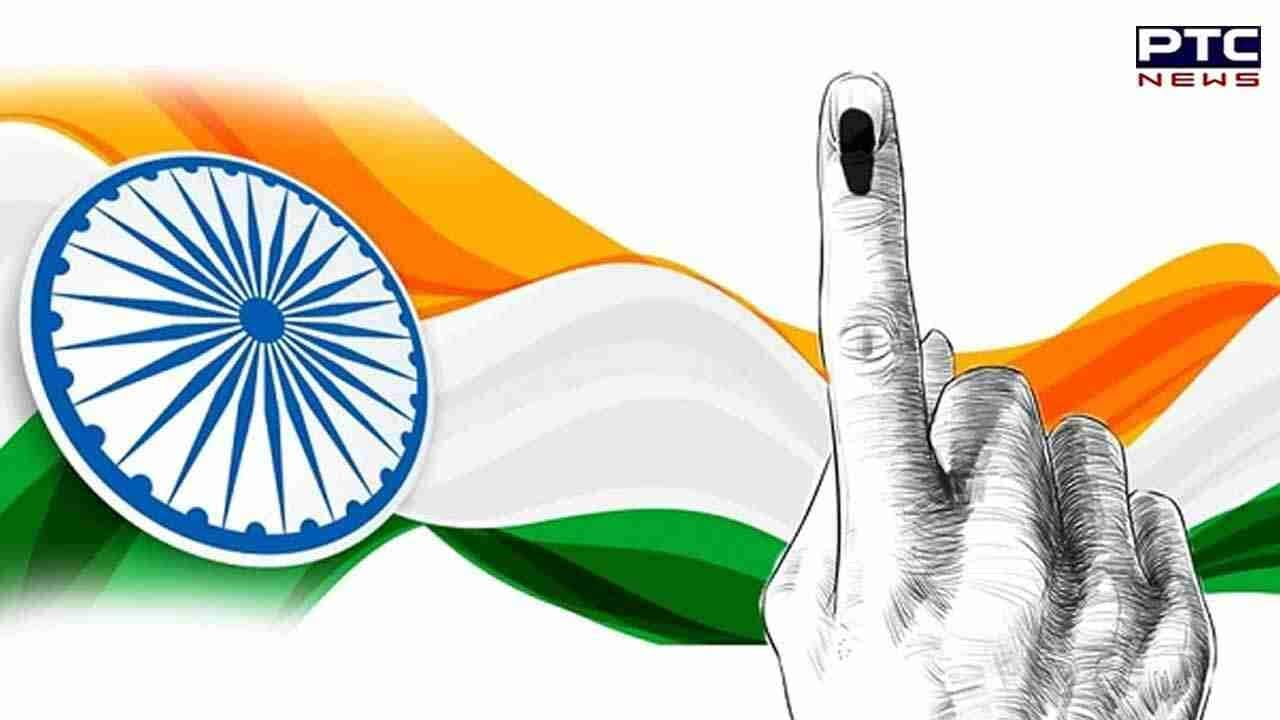
Explained: What is 'One Nation, One Election' bill
What's the story
The Indian government is preparing to introduce the "One Nation, One Election" (ONOE) Bill in Parliament. The bill, which seeks to synchronize Lok Sabha and state assembly elections, was cleared by the Union Cabinet on September 18. The Cabinet's approval came on the recommendations of a committee led by former President Ram Nath Kovind. The ONOE proposal aims to hold simultaneous elections across India to save public funds and reduce election fatigue.
Amendments
Constitutional amendments and political support for ONOE
As the ONOE Bill needs constitutional amendments, it requires a two-thirds majority in the Parliament—a number the government doesn't hold currently. Nevertheless, Prime Minister Narendra Modi has strongly pushed for this reform. Home Minister Amit Shah has also backed it, saying it will be implemented before the 2029 polls. The Kovind-led panel recommended amending Articles 83 and 172 of the Constitution to facilitate simultaneous polls.
Criticism
Opposition and criticism of the ONOE Bill
The ONOE Bill has been opposed by many political parties and activists, who argue that it could compromise democratic accountability. Critics, including Congress leader Supriya Shrinate, have voiced concerns that the bill could marginalize regional issues and promote national party hegemony. However, despite the criticism, many parties support synchronized polls for the potential benefits of saving resources and promoting stability.
Discussion
Joint Parliamentary Committee to discuss ONOE Bill
The government intends to refer the ONOE Bill to a Joint Parliamentary Committee (JPC) for detailed discussions. This committee will hold discussions with representatives from all political parties in a bid to build consensus. Inputs from state assembly speakers, intellectuals, experts, civil society members, and the general public will also be taken during these discussions. The government hopes for widespread support but expects intense political debate over its feasibility and impact on federalism.
Benefits
Potential benefits of the ONOE Bill highlighted
Advocates of the ONOE Bill claim that simultaneous elections could boost voter turnout and curb corruption. Finance Minister Nirmala Sitharaman has pointed out that frequent elections lead to a lot of expenditure. BJP leader Gaurav Bhatia stressed that ONOE would save time as people would have to vote once and not multiple times. Union Minister Ashwani Vaishnaw has also spoken for the ONOE Bill, saying many parties had supported the idea of synchronized polls.